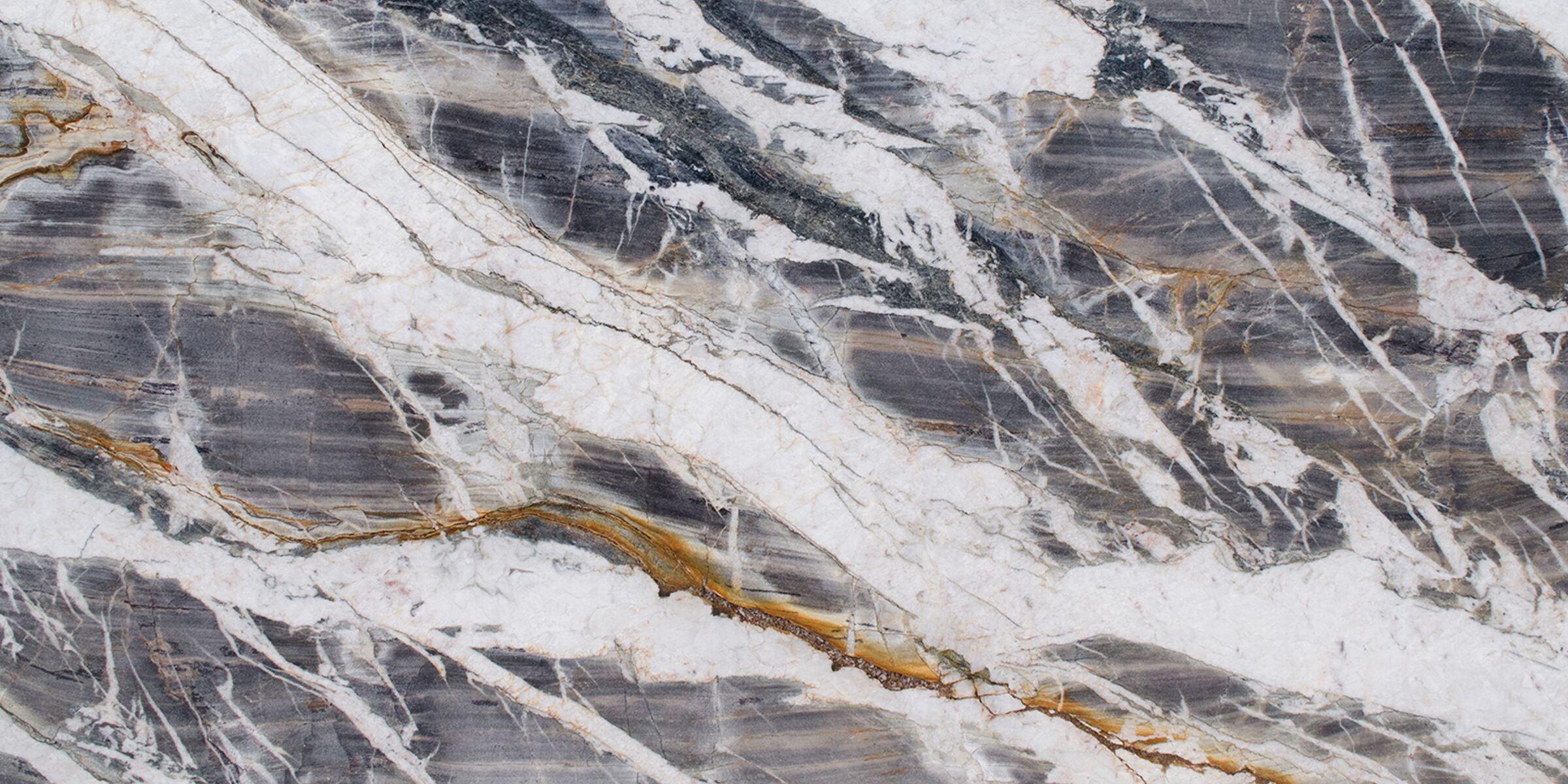Quartzite countertops have become a popular choice for homeowners seeking a blend of durability, natural beauty, and low maintenance. When investing in a new countertop, one of the most important considerations is its longevity. So, how long do quartzite countertops last? Let’s delve into the factors that contribute to their impressive lifespan and what you can do to ensure they remain beautiful for years to come.
The Durability of Quartzite
Quartzite is a metamorphic rock formed from pure quartz sandstone. Through a natural process involving heat and pressure, the sandstone is transformed into a much harder and more durable stone. This process gives quartzite its remarkable strength and resistance to wear and tear, making it an excellent choice for countertops in both kitchens and bathrooms.
Resistance to Scratches and Etching
One of the key benefits of quartzite is its hardness. On the Mohs scale of mineral hardness, quartzite typically falls between 7 and 8, making it harder than granite. This hardness means that quartzite countertops are highly resistant to scratches and etching from acidic substances. Unlike softer stones like marble, quartzite can withstand the daily rigors of kitchen use without showing signs of damage.
Heat Resistance
Quartzite is also highly heat-resistant. You can place hot pots and pans directly on the surface without worrying about damaging the countertop. This heat resistance further contributes to the longevity of quartzite, as it can endure high temperatures without cracking or discoloration.
Stain Resistance
While quartzite is generally resistant to stains, it is not completely impervious. The stone is naturally porous, so it can absorb liquids if not properly sealed. However, with regular sealing, typically every one to two years, quartzite can maintain its resistance to stains and spills. Proper sealing also helps prevent the growth of bacteria and mold, ensuring a hygienic surface for food preparation.
Lifespan of Quartzite Countertops
With proper care and maintenance, quartzite countertops can last for decades, often outlasting other countertop materials. Here are some factors that influence the lifespan of quartzite countertops:
1. Quality of Installation
The quality of the installation plays a significant role in the longevity of quartzite countertops. Professional installation ensures that the slabs are properly cut, sealed, and supported. Any gaps or weak points in the installation can lead to cracks or other damage over time.
2. Regular Maintenance
Regular maintenance is essential to keep quartzite countertops in pristine condition. This includes routine cleaning with mild soap and water, avoiding harsh chemicals, and promptly wiping up spills. Additionally, resealing the countertops as recommended by the manufacturer or installer helps maintain their resistance to stains and damage.
3. Daily Use and Care
While quartzite is highly durable, treating it with care can further extend its lifespan. Using cutting boards, trivets, and coasters can prevent potential scratches, heat marks, and stains. Avoiding direct impacts from heavy objects also helps preserve the surface integrity.
4. Environmental Factors
The environment in which the quartzite countertops are installed can impact their longevity. For instance, outdoor kitchens with quartzite countertops may experience more wear and tear due to exposure to the elements. However, even in outdoor settings, quartzite’s natural durability makes it a superior choice.
Conclusion
Quartzite countertops are an excellent investment for any home, offering a combination of beauty, strength, and longevity. With proper installation, regular maintenance, and mindful daily use, quartzite countertops can last for many decades, providing a durable and attractive surface for your kitchen or bathroom. If you’re looking for a long-lasting countertop material that can withstand the demands of daily life, quartzite is a top contender.

